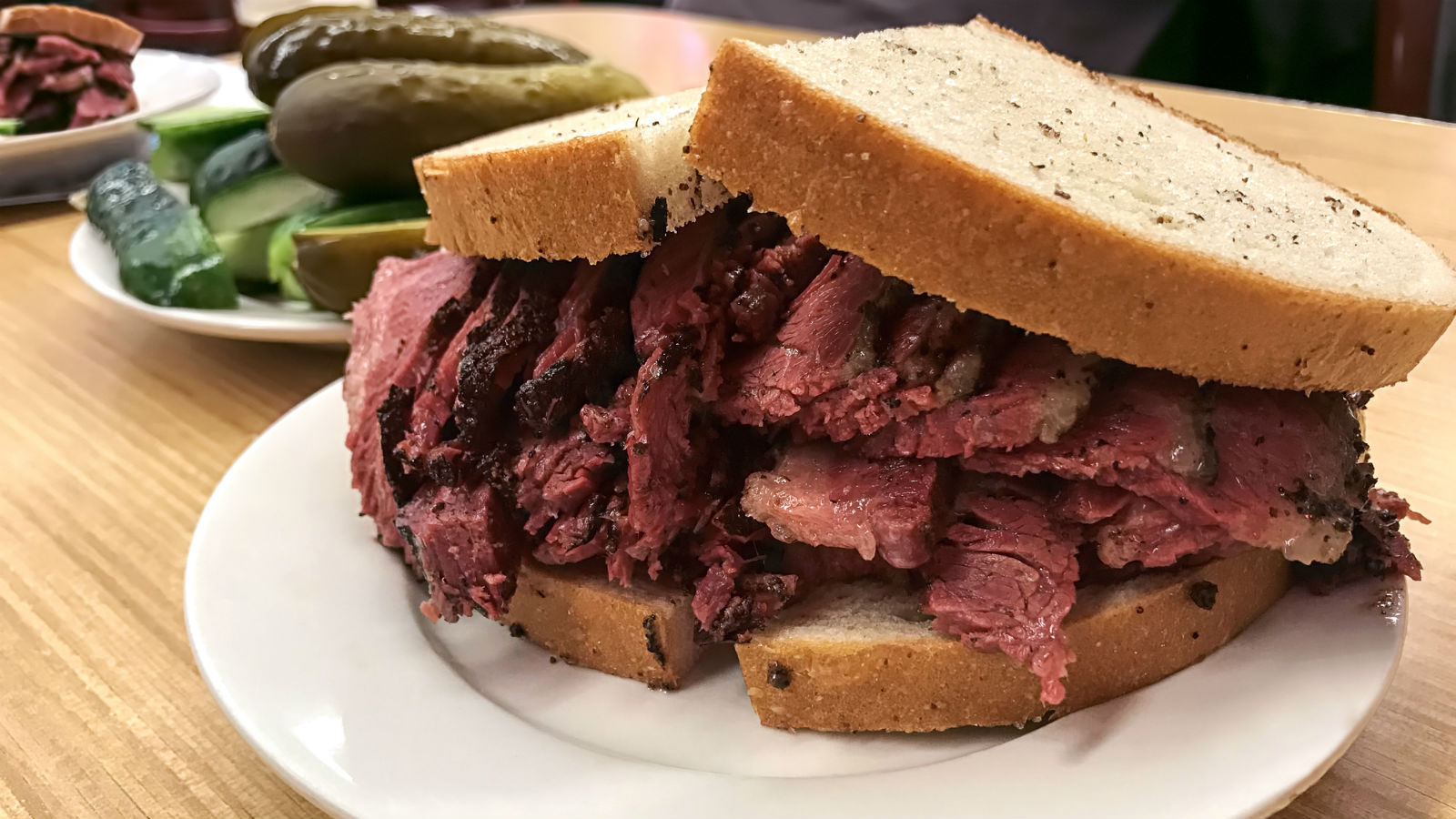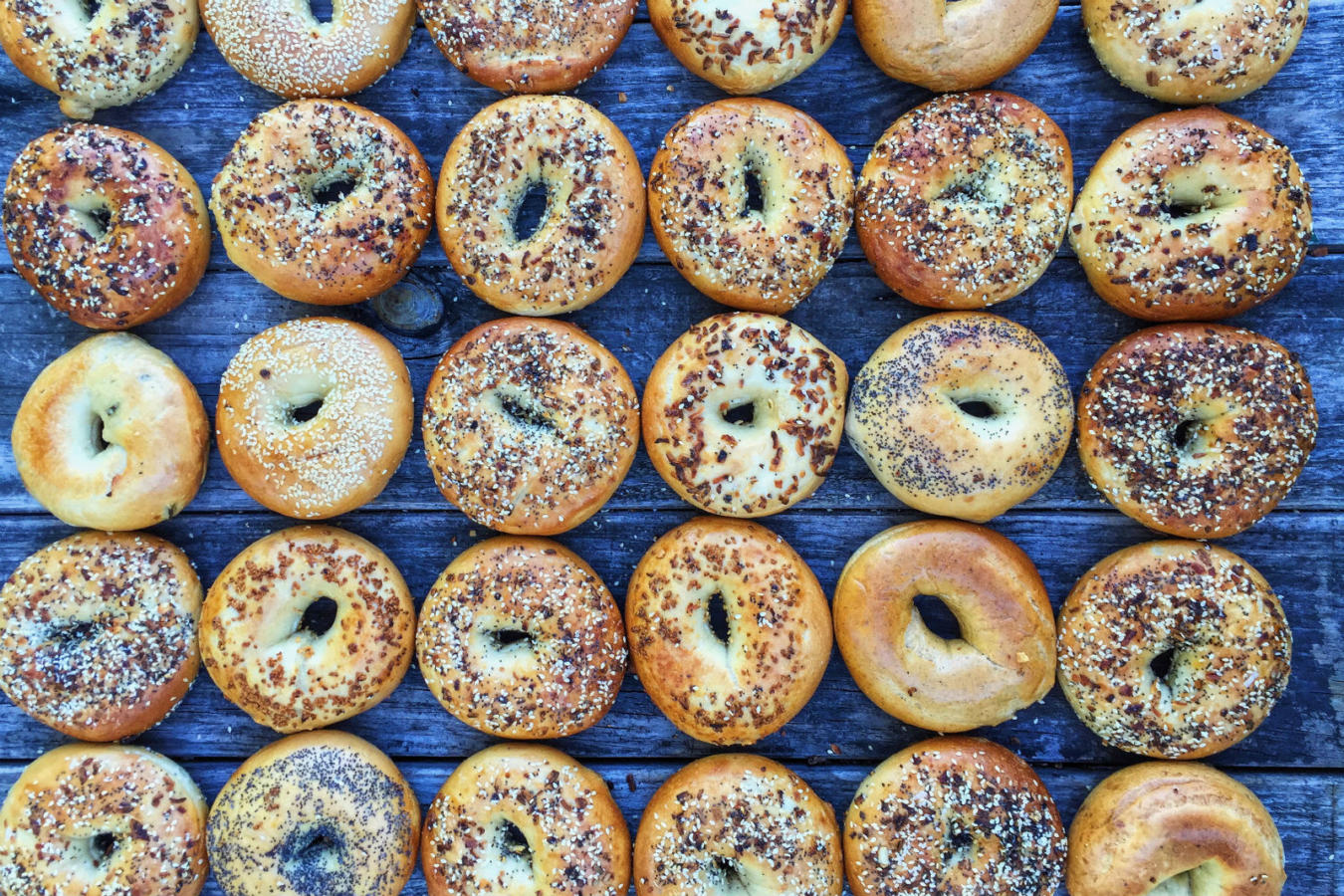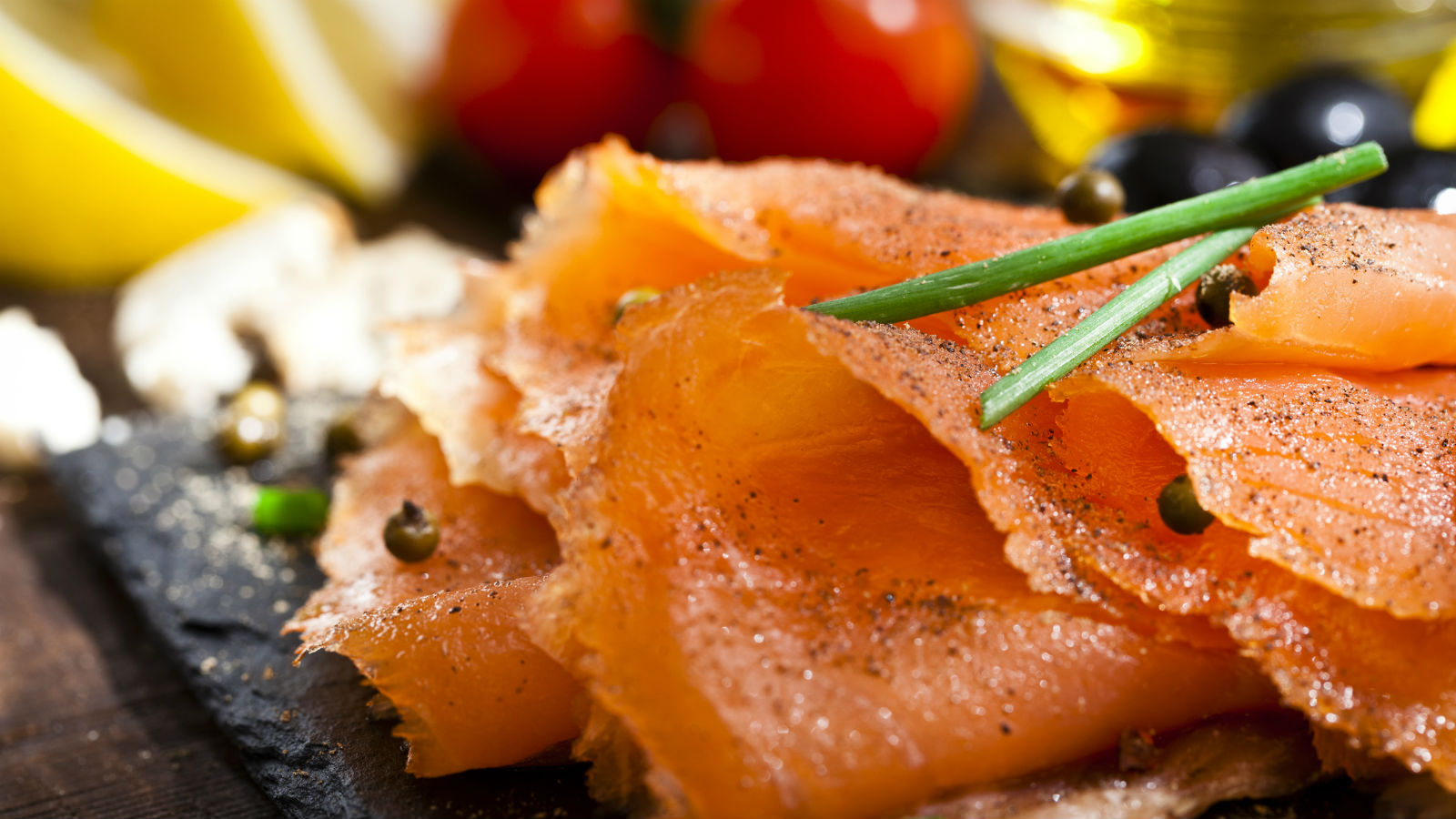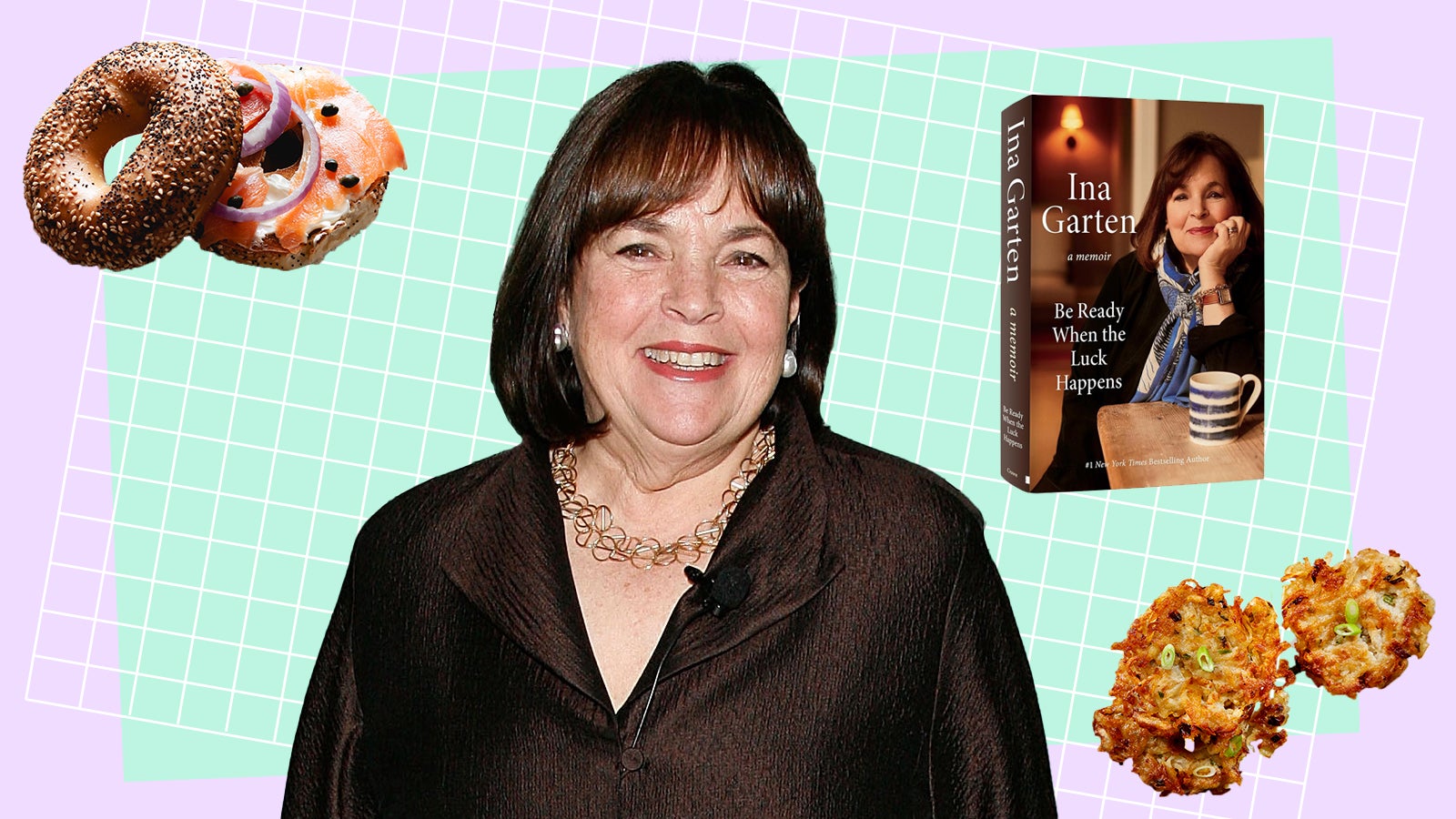When it comes to Jewish food personalities, there is no one quite like Ina Garten. Her non-fussy approach to entertaining and heart-warming self-deprecating sense of humor has enabled her to sell millions of cookbooks, host award-winning cooking shows and garnered her a rabid multigenerational following. During the pandemic, she won even more hearts with viral videos, especially her DIY recipe for a cosmopolitan. Even mega-celebrities such as Taylor Swift seem starstruck when they meet her.
In spite of her growing fame, wealth and critical accolades, Ina Garten still seems remarkably approachable. And a very important part of her charm, I would argue, is her maternal Jewish vibe. Hence it comes as no surprise that Garten’s long-awaited memoir, “Be Ready When The Luck Happens,” which chronicles her journey from disgruntled federal government employee to fancy food purveyor and caterer to celebrity chef is peppered with Jewish food moments. Here are my favorites:
1. Her Father’s Secret Noshes

Some of the earliest food moments are not particularly appetizing. Born in 1948 to Florence and Charles Rosenberg, Garten had an emotionally fraught childhood, to put it lightly. Her father was temperamental and her mother emotionally distant. Growing up, food for Garten was purely functional, never fun:
“Dinners were more nutritious than delicious, and no one ever asked what we wanted to eat except maybe on a birthday…I spent my early life searching–no, begging–for flavor.” (Page 16)
The Nosher celebrates the traditions and recipes that have brought Jews together for centuries. Donate today to keep The Nosher's stories and recipes accessible to all.
Although Garten’s mother painstakingly monitored the family’s intake of fat, sugar and carbohydrates, her father was more in touch with his (Jewish) cravings and developed a clever workaround:
“My father figured out that if he went to the local diner for breakfast and lunch during the workweek, he could secretly indulge in all the delicious food that was forbidden at home — corn muffins dripping with butter and jam; warm, spicy pastrami sandwiches; anything with carbs, cholesterol, fat, or flavor.” (Page 17)
But just as Garten senior was parsimonious with his affection, so too, was he selfish with the spoils from these secret meals, for there is no mention of doggie bags passed clandestinely from father to daughter.
2. Meeting A Nice Jewish Boy To Cook For
At 15, Garten visited her older brother Ken at Dartmouth. It was on this college trip that Garten’s husband of over 55 years, Jeffrey, first spotted his future bride:
“While I was standing outside the library, admiring the architecture, I later found out that a Dartmouth freshman was inside, admiring me.” (Page 25)
Steingarten made quick work of learning Garten’s identity (sister of the friend of his roommate!), then wrote to her to introduce himself and make his intentions clear:
“If the idea of dating a Jewish freshman from Florida whom you have never seen doesn’t repel you, how about dropping me a note and we could work something out. If you are not at all interested, don’t even waste the stationery.” (Page 260)
Fortunately, after a few dates, Garten was equally smitten, as were her parents, especially her father:
“he really liked Jeffrey, who in addition to being polite, personable, and handsome was attending an Ivy League college and thinking about becoming a doctor — every Jewish father’s dream!” (Page 33)
It is no secret that Jeffrey is Ina’s favorite gustatory guinea pig, happily testing dishes that have become staples of her culinary canon, like her weekly roast chicken.
3. Bagel-Loving Regulars (And Their Not-So-Kosher Canine Companions)

While running her popular food emporium and cafe The Barefoot Contessa in the Hamptons, Garten amasses a coterie of loyal customers, including one early-bird regular.
“Every day at Barefoot Contessa was different. It usually began with a visit from a wonderful man who always came just as we opened to buy smoked salmon and bagels for breakfast and a slice of Wesphalian ham for his dog, Charlie.” (Page 130)
4. The Best Latkes May Be Across the Pond
Garten and her husband are passionate francophiles, first falling in love with the country as a young couple on a very no-frills trip to Europe. Later, when far more flush, Garten purchases a Paris pied-à-terre, whose proximity to a certain type of fried spud makes it all the more attractive:
“Our apartment was a block from the market, and when I walked from vendor to vendor, I was transported back in time to our camping trip, when my passion for everyday French food began. The hardest part was passing the stall that sold freshly made, hot potato pancakes. They were so fragrant and crispy that it was totally impossible to walk by without stopping!” (Page 232)
5. Learning Not Everyone Is Fluent in Jewish Foodspeak

One of Garten’s most valuable employees was Hunt MacWilliams who “kept us laughing with funny stories.” But how do you tell someone you’re not Jewish without telling them you’re not Jewish? Here’s how:
“The joke was on Hunt [MacWilliams] at Barefoot Contessa when a customer came in and said he wanted lox. New to the Jewish term for smoked salmon, Hunt politely directed the very surprised man to the hardware store down the street. ‘They sell locks,’ he promised.” (Page 166)
“Be Ready When the Luck Happens: A Memoir” by Ina Garten is out now.



